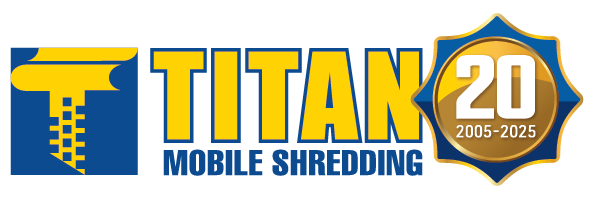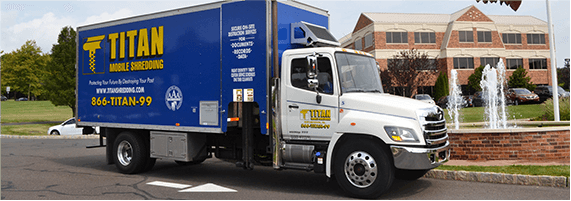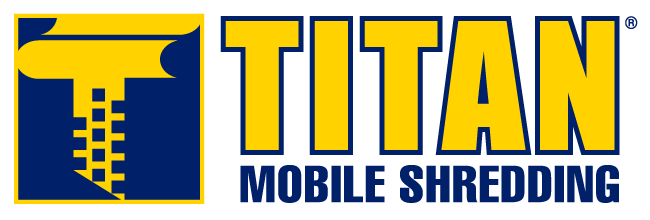Expert Tips to Safeguard Your Personal and Business Information
In response to the COVID-19 pandemic, many of us have engaged in work-from-home arrangements to protect our teams and customers. Due to the pandemic’s rapid spread, some businesses had to really rush into adopting a remote working policy. This was a massive undertaking that many completed within 48 to 72 hours, just before the town or city issued a complete lockdown or shelter-in place directive. The more organized businesses simply activated their formal Business Continuity Plans (BCPs) and smoothly transitioned into a work-from-home policy.
Although we continue to do our bit in slowing the spread of this deadly disease, operating from a home office comes with numerous challenges. From restless kids and pets interrupting work, to the lack of dedicated space, furniture, or technology, there may be many issues that are impacting your productivity and comfort. Add to this the risk of cyberattacks if your company has not deployed robust IT security policies or infrastructure, and you have an unsecure remote working environment.
A few simple measures will help you remain cyber-secure while working from home. Read on for tips and suggestions from the data destruction specialists at TITAN Mobile Shredding.
Top Cyber Security Tips for Your Home Office
Whether it is personal information, such as IDs, financials, tax records, and family pictures, or business information, such as data, reports, accounts, copyrights and such, your internet-connected device is usually a treasure trove of digital information. If cybercriminals hack into your phone, laptop, computer, tablet, or home Wi-Fi, they can make huge profits by selling your data on the black market or using it to scam others.
Here are some precautions that may help you safeguard your information while working from home.
- Set up automatic security updates and patches for your software and operating systems.
- Use strong passwords for your devices and Wi-Fi network. If possible, set up a guest network to segregate the access for work, from what the rest of the family needs for personal use.
- Install relevant anti-malware and anti-virus software and the necessary firewalls to protect your network and devices.
- Be wary of using or installing any apps with unknown authenticity. If you find any troublesome apps, uninstall them immediately to prevent potential hacks or cyberattacks.
- Secure user permissions on all your devices and apps and provide access only where necessary.
- Avoid over-sharing on social media platforms. Hackers can use your personal information to commit online frauds or scams. An innocent update or leisurely activity during your downtime could create a host of issues if you are not careful.
- Don’t plug in an unknown USB drive without running it through an anti-malware check.
- Take regular backups of your personal and official data to minimize damage in the event of a ransomware attack.
- Maintain a cautious approach in all online activities and recognize the signs of potential cyberattacks or phishing scams.
- Don’t click on suspicious links that come through texts or emails.
- Look for misspelt website URLs.
- Do not fall prey to fake messages, including those related to IRS queries, government benefit schemes, or coronavirus cures and test kits.
- Do not share your passwords, credit card information, bank details, or other sensitive or confidential information by phone or mail without verifying the authenticity of the caller.
- In addition to securing your digital files, folders and data, remember to maintain the basic standards of physical security.
- If you have a separate home office, secure the space to prevent kids or pets from damaging equipment or paperwork.
- If you do not have a dedicated workspace, systematically file your papers and store them under lock and key, instead of leaving documents scattered on your work desk.
- Keep your laptop locked when not in use. This is a basic IT security practice to follow at all times.
- Keep track of your personal documents; know what to keep and what to shred.
If your company has a remote working policy, follow all the aspects outlined in it. Over time, if you have a pile of obsolete papers, hard drives, thumb drives, CDs or DVDs, then shred the physical documents and digital devices, instead of dumping them in your garbage or recycle bin. For safe and secure shredding services, count on the residential shredding services of a NAID AAA Certified company, such as TITAN Mobile Shredding. You can bring your files, papers and digital media to our drop-off locations, or take advantage of our convenient home pick-up services or monthly community shredding events.
Protect yourself from fraud, cyber scams, and identity theft with the help of TITAN Mobile Shredding. Speak to our data destruction professionals at (866) 848-2699 or contact us online to learn more about our residential services.



